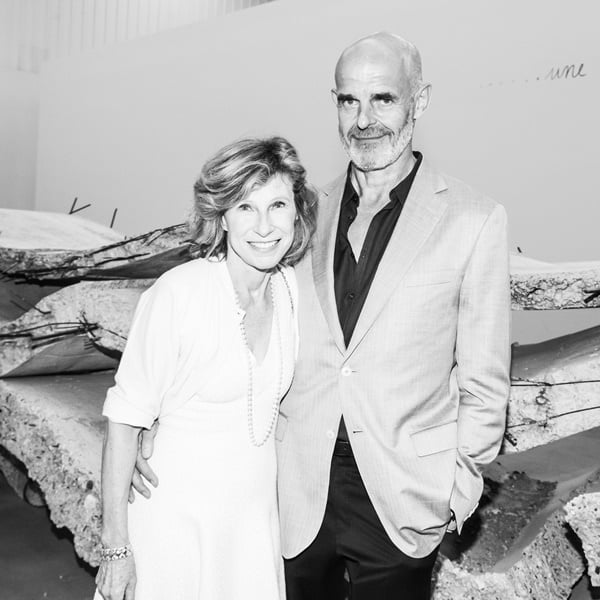
Mega-collectors Andrew and Christine Hall scrapped a planned exhibition at their private museum in Germany last year in the wake of a strict new law that aims to keep cultural property inside the country. The couple’s concern? Once the works in question went on display in Germany, they might never leave.
“I just don’t want to be the guinea pig,” Andrew Hall told the Financial Times in a recent profile. “It’s not a risk I’m prepared to take with hundreds of millions of dollars’ worth of art.”
Instead, the couple made a last-minute decision to overhaul their exhibition program, switching out a show of work by Georg Baselitz and his contemporaries for one honoring the recently deceased gallerist Barbara Weiss curated by her stepson Leo Koenig.
The switch is just a small symbol of the fallout from Germany’s new—and, many say, short-sighted—regulations. The law, passed in July 2016, stipulates that owners of works of art worth more than €150,000 must obtain an export license for work to be shipped out of the European Union. (The move was, in part, a response to a decision by a state-owned casino to sell two major Warhols in order to raise cash.)
The Halls, who have appeared on several artnet News lists of top collectors, own more than 5,000 works that they display around the globe, including at a dairy farm-turned-private museum in Reading, Vermont, and a castle in Derneburg, Germany, formerly owned by the artist Georg Baselitz.
In the wake of the law, the Halls not only scrapped the Baselitz show, but also halted a shipment of about 140 of their Warhols headed to the opening of their private museum in Derneburg. Why? The law applies to foreign-born artists as well, and to whole collections judged significant, according to the FT.
“The law is totally stupid,” Hall said. “The idea was to prevent the flight of artworks from Germany, but it had the exact opposite effect. Crazy.”
Indeed, instead of keeping valuable works of art from leaving Germany, the law is encouraging collectors to keep their treasures out. “While the legislation is new, German-based art collectors are already taking action to get art out of Germany,” Doug Woodham, longtime Christie’s president, writes in his recently published book Art Collecting Today.
Art Cologne director Daniel Hug told Woodham, “The majority have already shipped the most valuable works outside of the country.”
Meanwhile, the true—and unintended—beneficiary of the legislation lies on the other side of the Atlantic. Woodham writes, “Collectors in the United States are likely to have smiles on their faces as art flows out of Germany and is available for sale.”